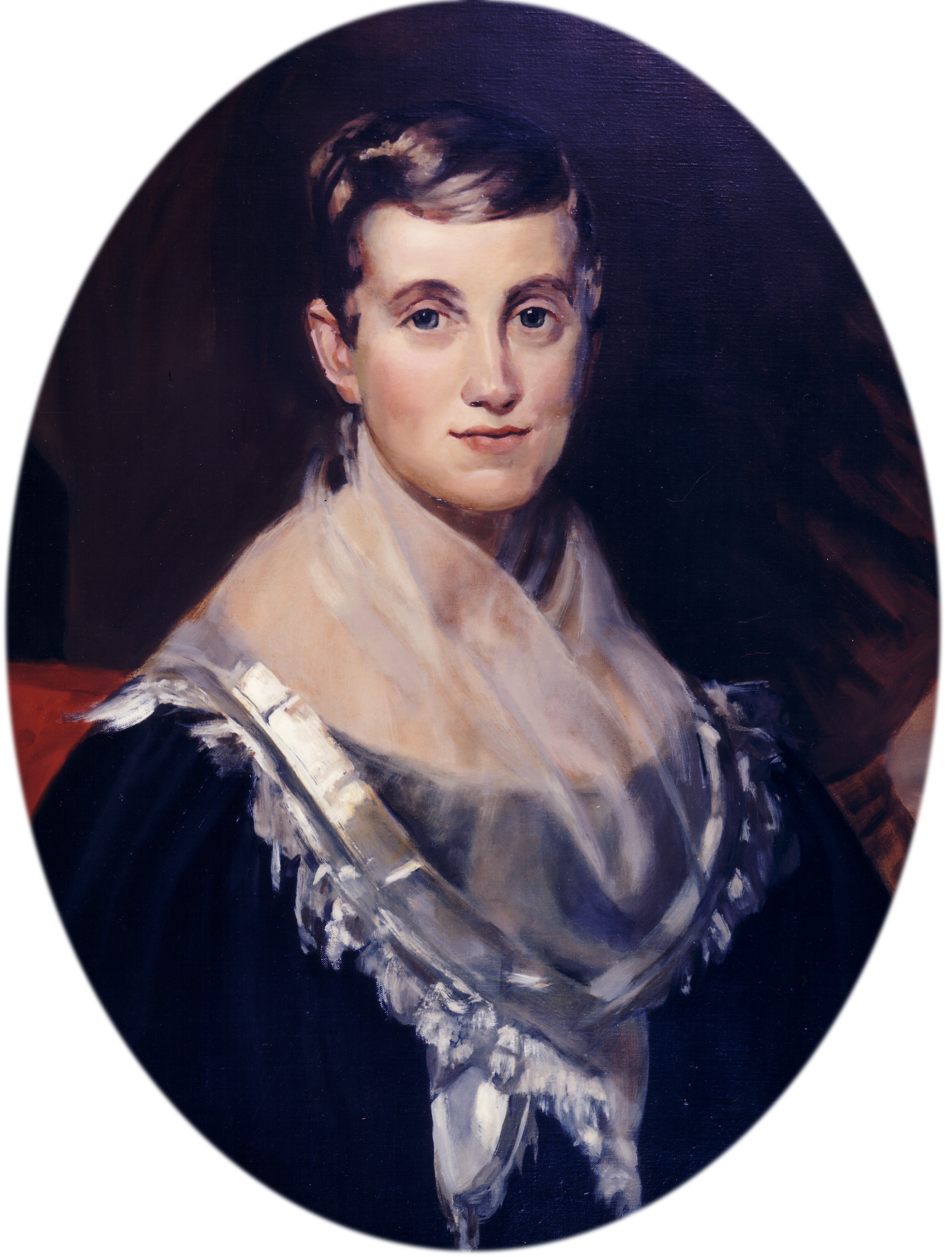
Born into a Quaker family in Rhode Island in 1803, Prudence Crandall studied subjects usually reserved for boys at the time, such as math, science, and Latin. In her late 20's, she opened a private academy for girls at her home in Canterbury, Connecticut, where she passed on her knowledge to the daughters of wealthy local families.
But that changed when Crandall admitted Sarah Harris, a young black woman, as a student. The parents of her white students were outraged, and when Crandall refused to expel Harris from the school, they withdrew their own children. Crandall, undeterred, changed her mission: she would now run a school for African American girls.
But this put her in direct conflict with the townspeople of Canterbury. "The four most prominent men http://www.nwhm.org/education-resources/biography/biographies/prudence-crandall/ in the town of Canterbury arranged a meeting in which they told Crandall that they were intent on destroying her school. The men objected to educating African Americans in their hometown and felt it might lead them to believe they were equal and to interracial marriages." They then held a town meeting - at which Crandall, being female, was not allowed to defend herself - where they voted against the creation of the new school.
Instead of being cowed into inaction, Crandall continued with her plans, opening her school in 1833. Soon, girls from free and affluent black families were traveling to Canterbury to study "reading, writing, arithmetic, grammar, geography, history, philosophy, chemistry, astronomy, painting, music, piano and French." Local people yelled at them and threw "stones, eggs, and manure" their way when they ventured outdoors. Canterbury merchants refused to sell school supplies to the academy. The nearby Congregational Church would not allow the black students to attend services. Someone even poisoned the water of the school well.
Connecticut's "Black Law" was repealed in 1838, and in 1886, the state - spurred on once more by the people of Canterbury, who now felt ashamed - awarded Prudence Crandall a pension. She was designated Connecticut's State Heroine in in 1995.
Today, the Prudence Crandall Museum at 1 South Canterbury Road in Canterbury features period rooms, changing exhibits, a small research library, and a gift shop. They also host special educational and community events. For contact information and more details, visit cultureandtourism.org.
A version of this article was originally published on www.thesizeofconnecticut.com.
(Image: ct.gov)